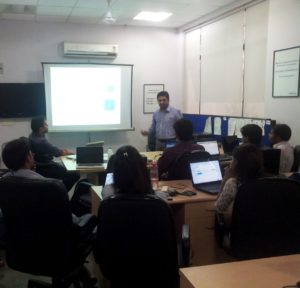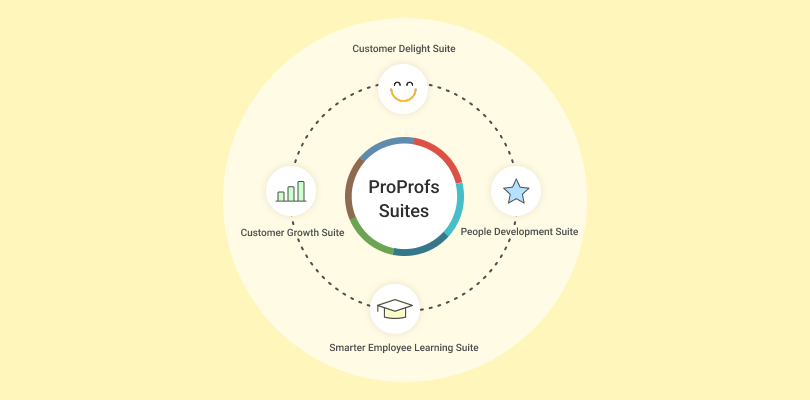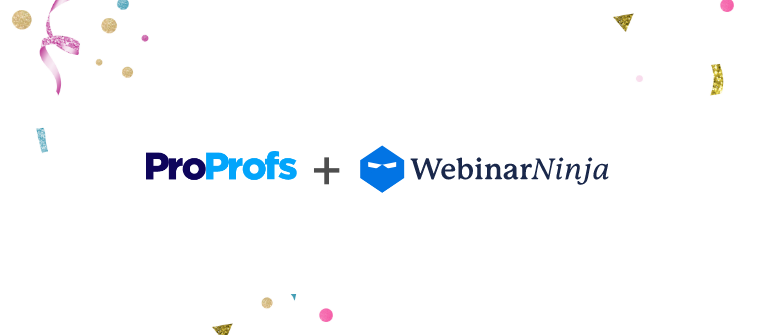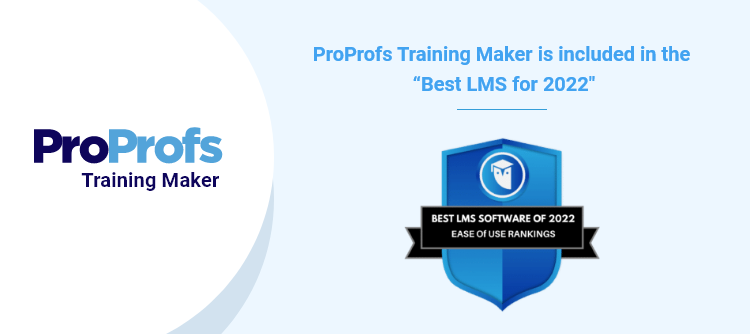September was an eventful month for the ProProfs development team at our Manesar Development Center in Gurgaon, Bhatia Software Technologies, India. Our CEO Sameer Bhatia was visiting the center from our Los Angeles, USA office and among awards and office parties; we also had a day long training program on project management, which was attended by our development team.
What is Project Management Training?
A Project Management Training helps to improve & enhance the execution of a company’s projects by employing a systematized and dynamic set of project management principles. It is conducted by a certified Project Management Professional who trains employees on initiating, planning, monitoring & controlling as well as closing a project.
The training is beneficial for Project Managers, Team Leaders, Developers, Testers and anyone who contributes in the development work.
Who conducted the training?
 The Project Management Program was conducted by Ashish, who is a certified PMP®, ITIL V3 and a PRINCE2® Practitioner & Microsoft certified Technology Specialist in Microsoft Project Professional and Enterprise.
The Project Management Program was conducted by Ashish, who is a certified PMP®, ITIL V3 and a PRINCE2® Practitioner & Microsoft certified Technology Specialist in Microsoft Project Professional and Enterprise.
Ashish specializes in developing innovative and customized project management training programs that ensure efficient knowledge transfer to the learners and has delivered trainings on PMP, PRINCE2 and Microsoft Project to employees from companies including HP, Siemens, IBM, Fujitsu, Steria, Capgemini, Sapient, Reliance, , Datamatics, Sify, Suzlon, Cognizant and many more.
What did the development team learn?
The training program gave our development team a hands-on experience on project management, wherein a project case study of a customer was undertaken followed by a series of discussions and exercises. The learning was intuitive with a good mix of role-plays, checklist, templates pre-course videos and reading materials, at the end of which our development team learnt to create and update project documentation.
Here’s a brief overview of what was covered:
- Understood the Project Charter document
- Preparing/using a List of Requirements
- Breaking down requirements into user stories
- Writing and prioritizing user stories
- Estimating user stories with Poker
- Creating the release plan
- Breaking down the release into timeboxes
- Why use timeboxing
- Scheduling work using priorities
- Identifying resources, constraints, dependencies and risks
- Baseline the plans for performance measurements
- Daily stand-up for better visibility and communication
- Using task board for progress monitoring
- Using burn down charts for progress reporting
- Monitor, control and track change requests
- How to manage and report issues
- Using priorities when project is running late
- Involving users, customers for development review
- Q&A and testing and the definition of done!
- Timebox retrospective to review project milestones
- Adjusting plans and controls at the end of Timebox
- What and how to review a project during closure





